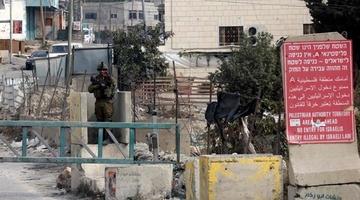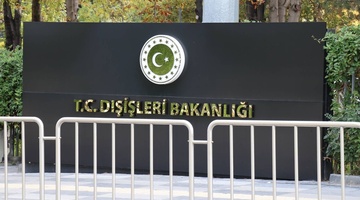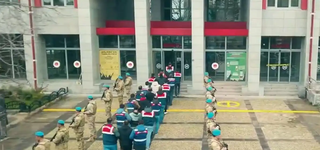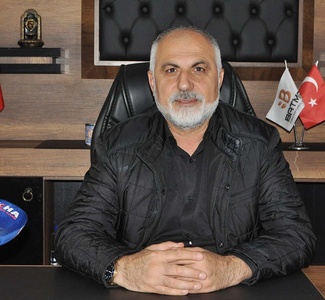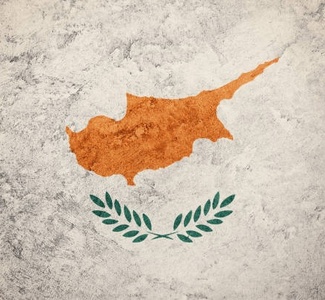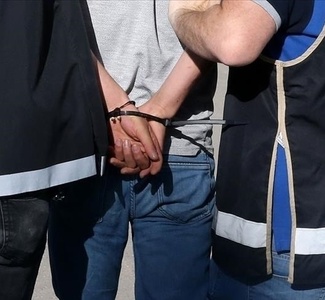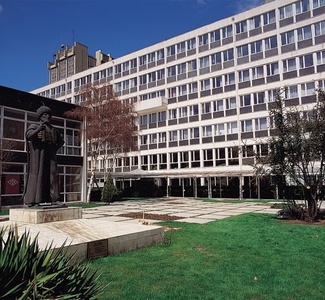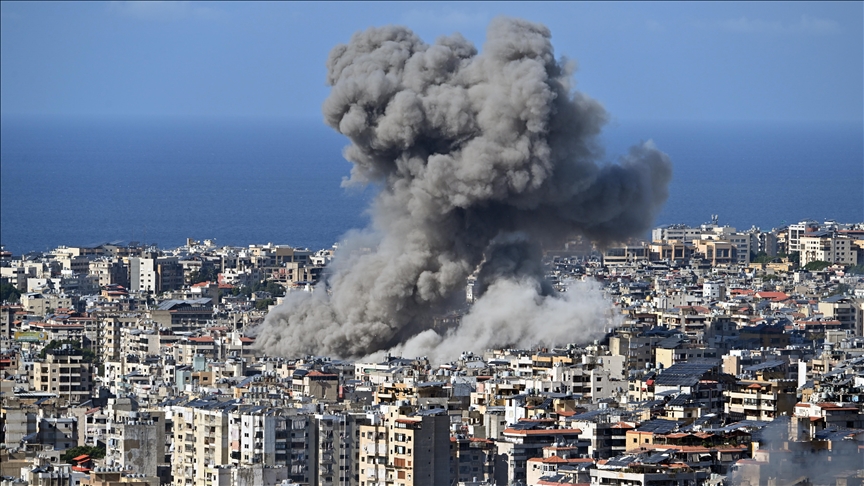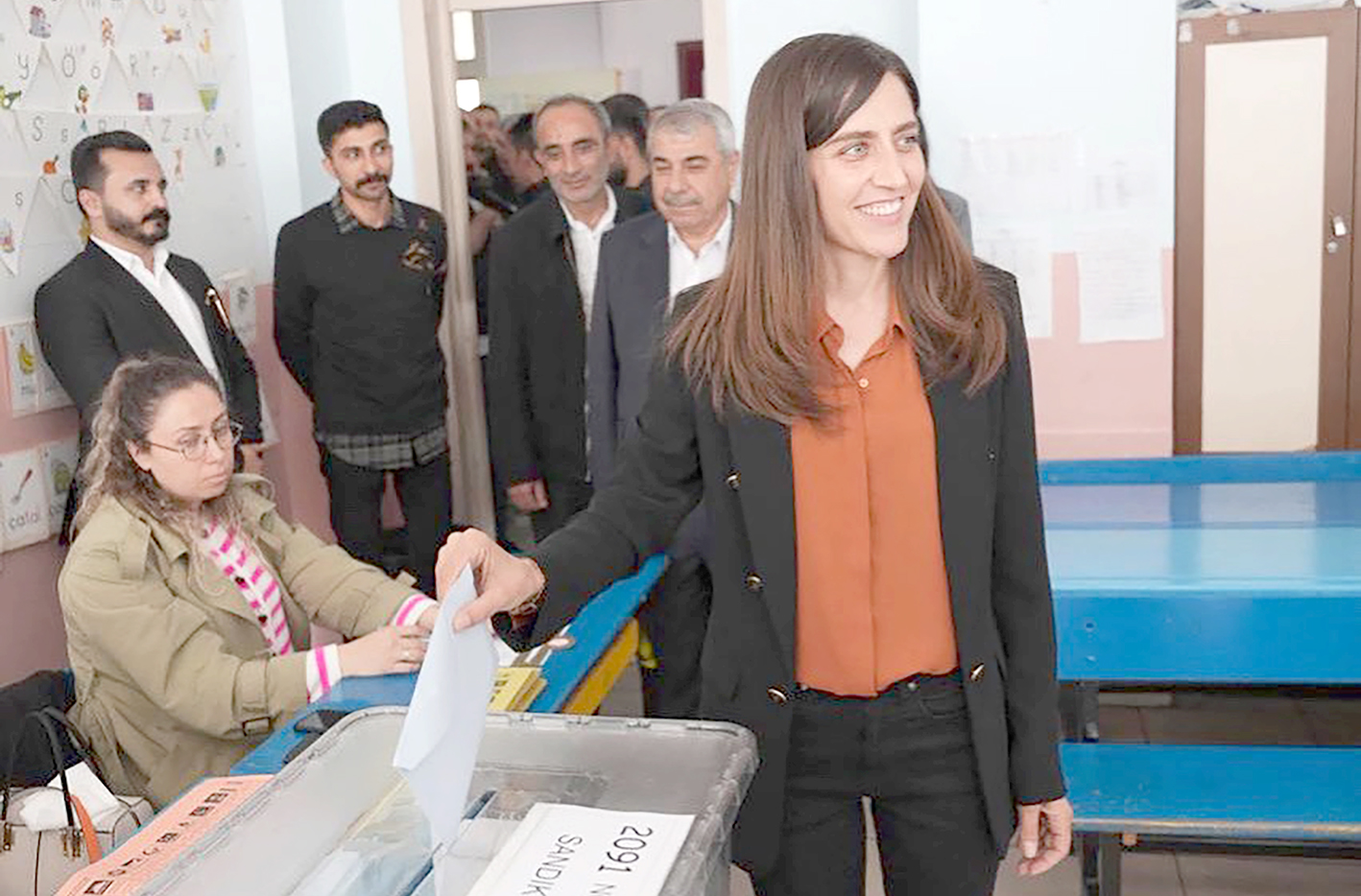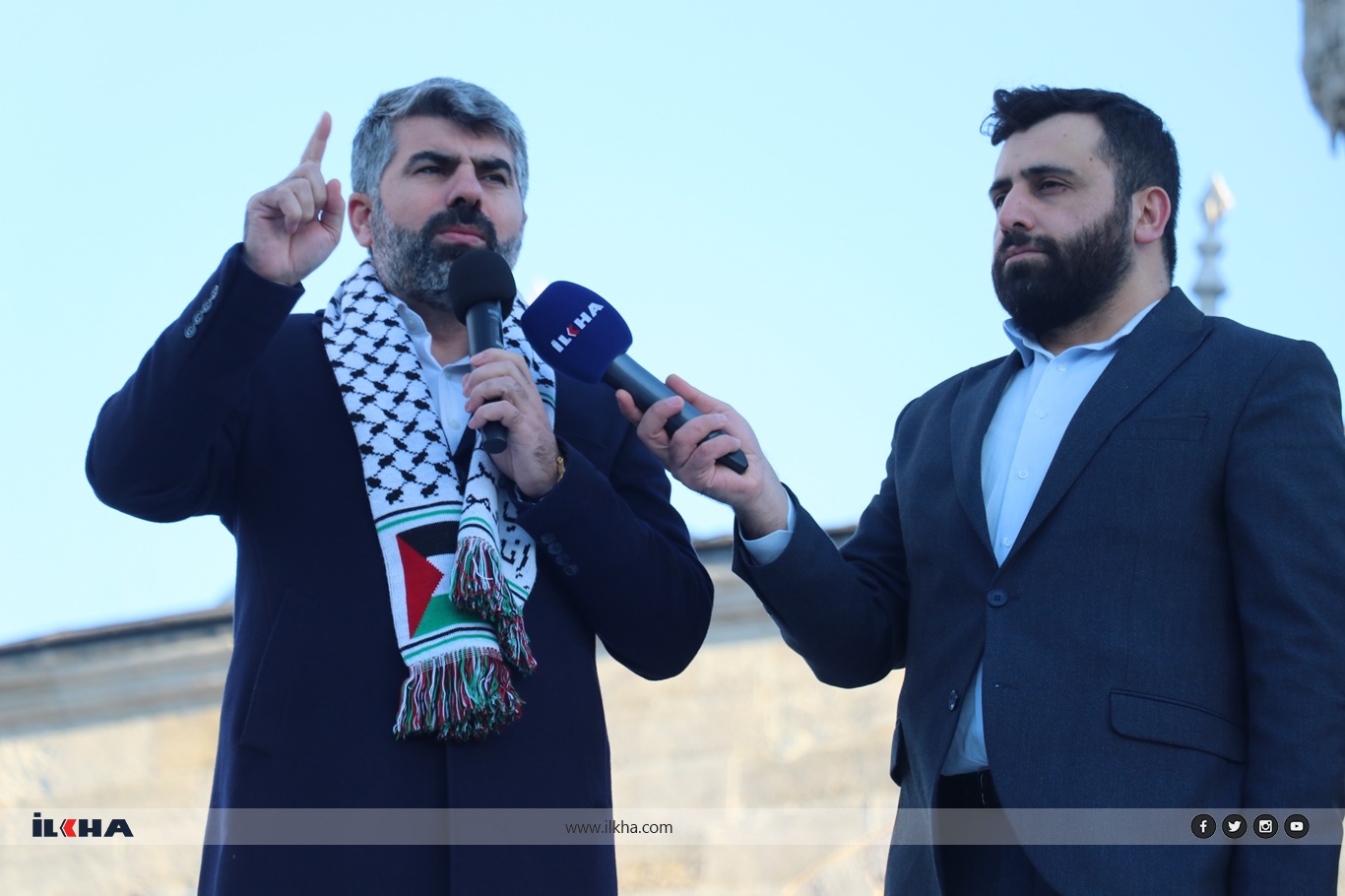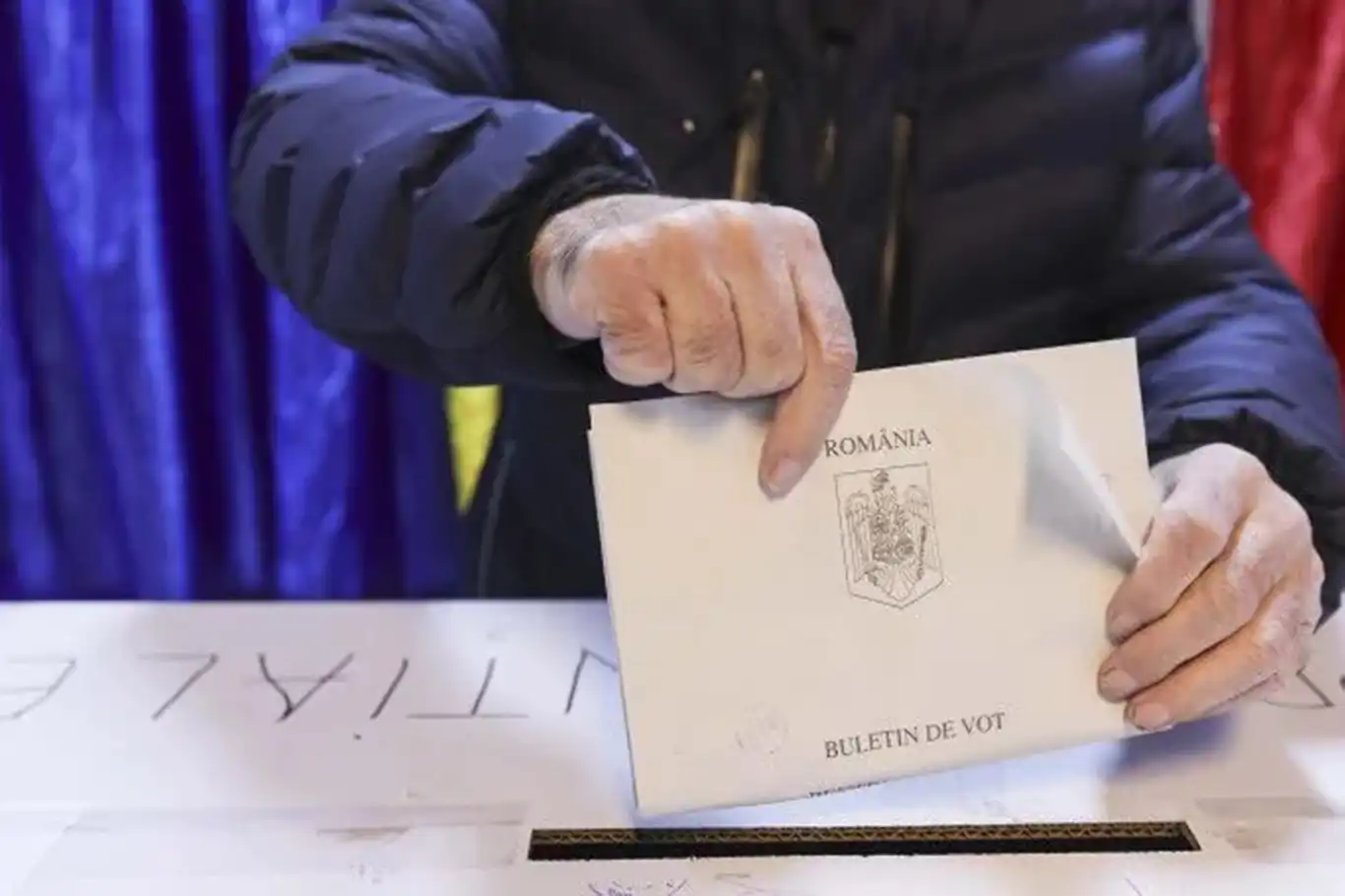Today marks 97th martyrdom anniversary of İskilipli Mehmed Atıf Hoca
Islamic scholar İskilipli Mehmed Atıf Hoca, who was executed by Turkey's secular regime on February 4, 1926, is being commemorated on the 97th anniversary of his martyrdom.
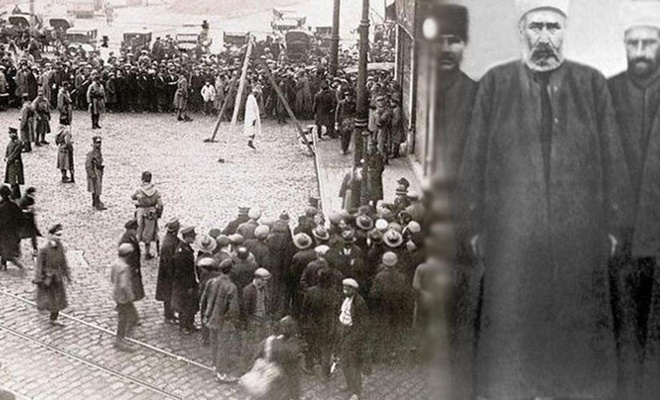
 Google News'te Doğruhaber'e abone olun.
Google News'te Doğruhaber'e abone olun. İskilipli Mehmed Atıf Hoca was an Islamic Scholar. He was born in Çorum, Turkey. He started his early education in his village. In 1893, he came to Istanbul for Madrasa ("school" in Arabic) education. In 1902 he started Darü'l-fünun ilahiyat Fafültesi (Darü'l-fünun Divinity School). He finished his faculty in 1903 and started working as Ders-i Amm (Ulema, a person who teaches the Madrasa students) in the Fatih Mosque. He was later arrested and taken to jail several times but freed. He was the founding member of Cemiyet-i Müderrisin together with Mustafa Sabri.
Before the Westernization movement in Turkey, he wrote a book titled Frenk Mukallitliği ve Şapka (literally, Westernization and the (European) Hat) in 1924. In it, he advocated Sharia Law and opposed western influences like "Alcohol, Prostitution, Theater, Dance" and the "western hat". Because the western hat was a symbol of the infidels, and wearing a hat would make Muslims lose their Islamic identity.
After the passing of "The Hat Act", a law that passed on 25 November 1925 and ordered that no other headwear except the western hat was allowed (therefore banning the wearing the fez), people rose in revolt in some provinces, which the government suppressed.
He was arrested and sent to Ankara on 26 December 1925 where he stood trial on 26 January 1926. The attorney general demanded three years of imprisonment, but the court postponed the trial to the next day. The next day, the Hodja declared that he no longer desired to defend himself. He was sentenced to death and martyred by hanging on 4 February 1926.
The Tomb of Atıf Hoca, who was secretly buried without his family knowing, was found 82 years later and buried in the Gülbaba Cemetery in the Iskilip district. (ILKHA)



























